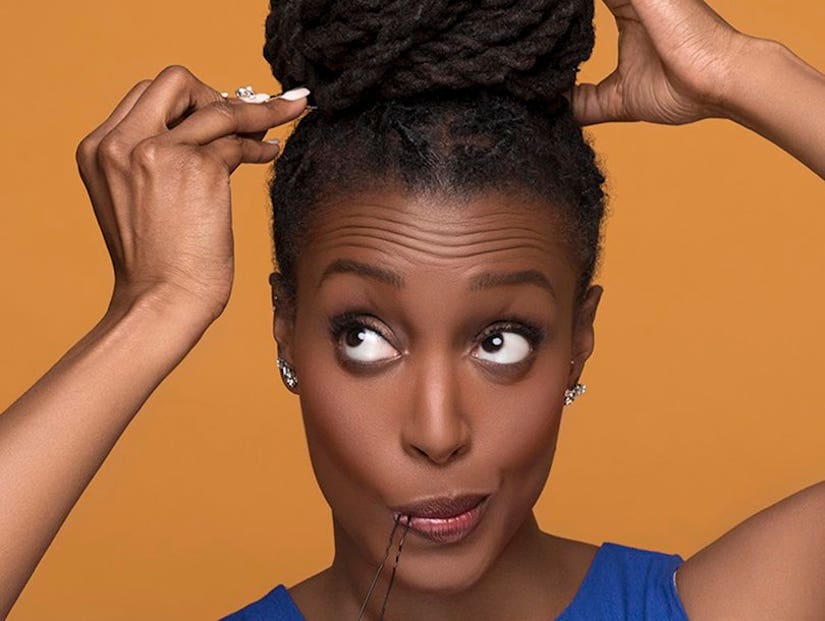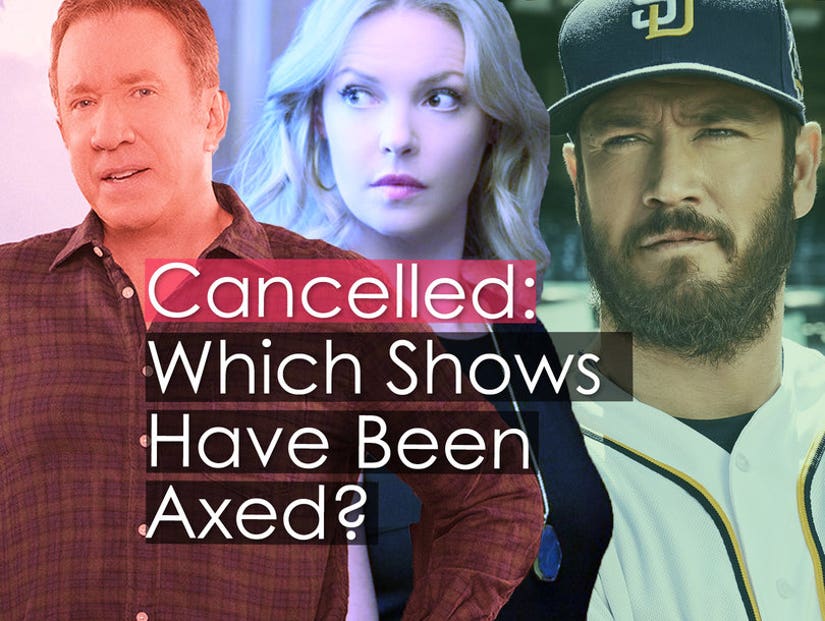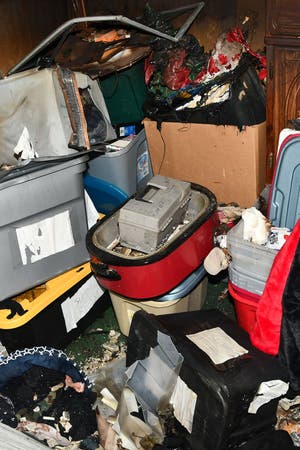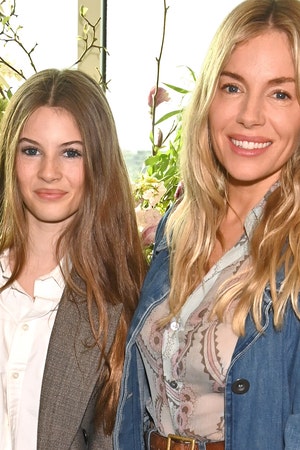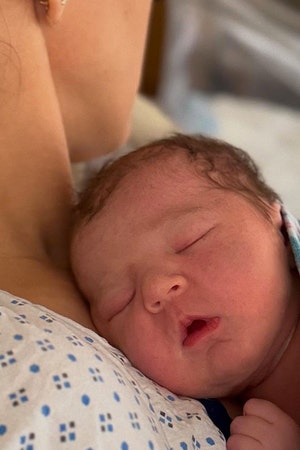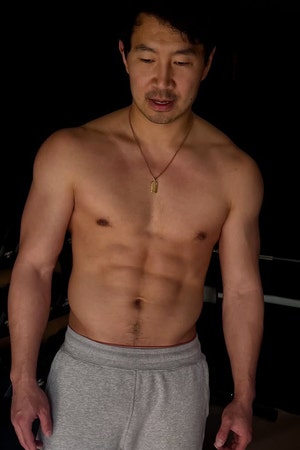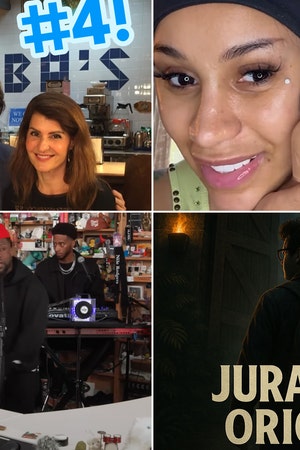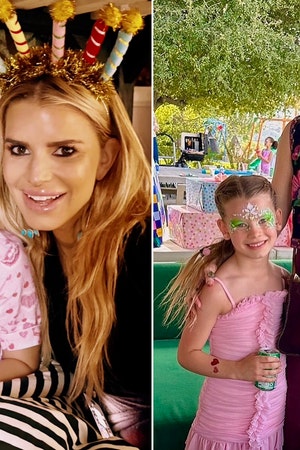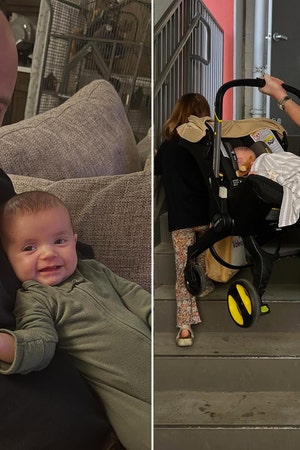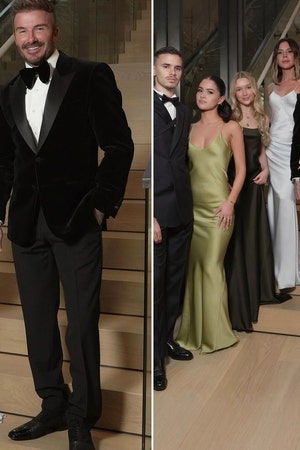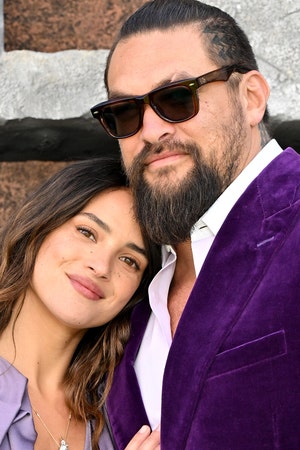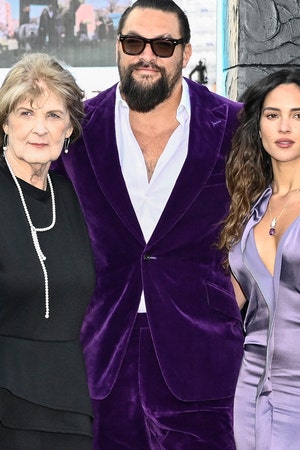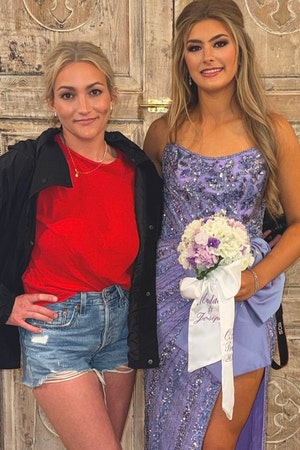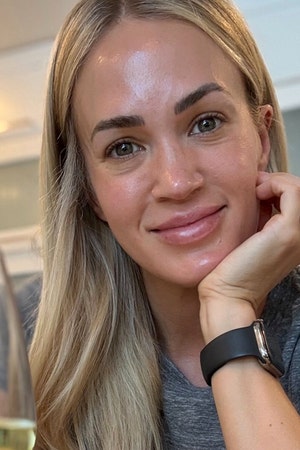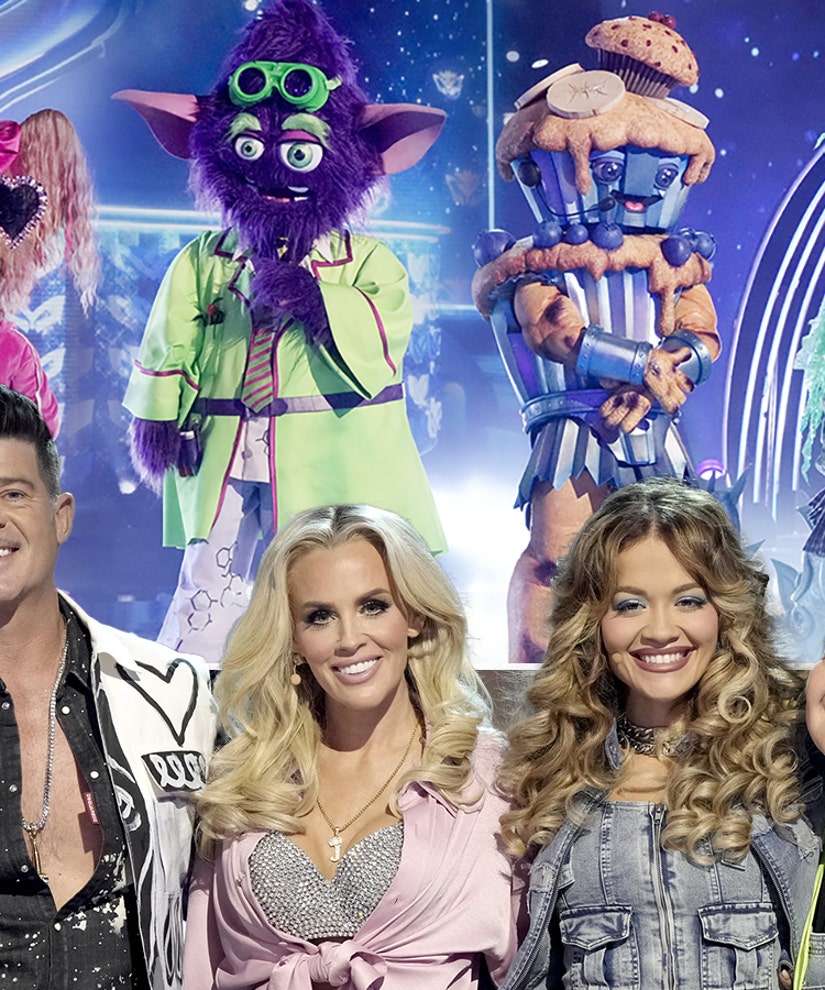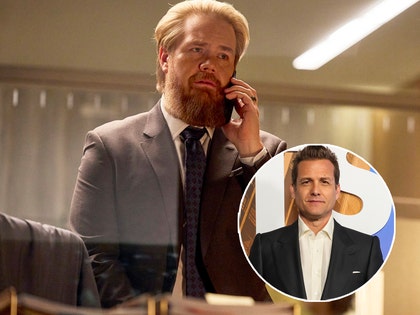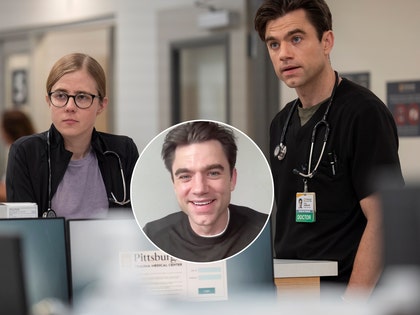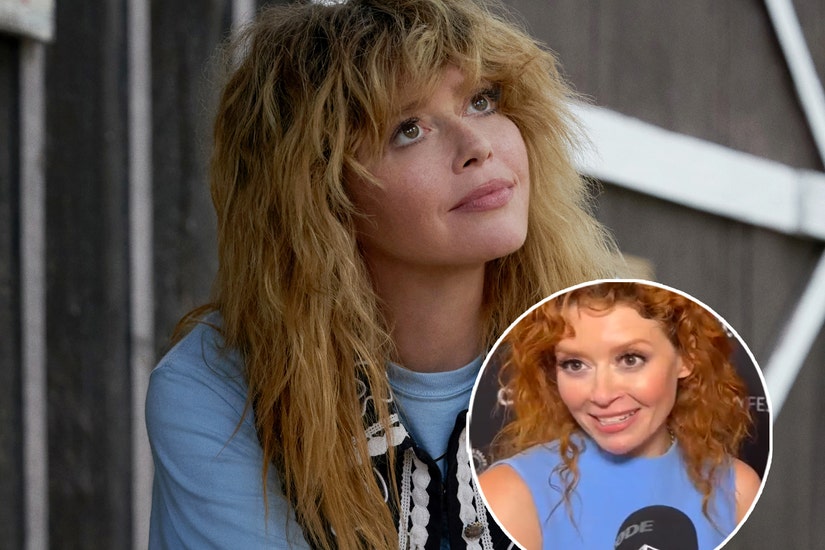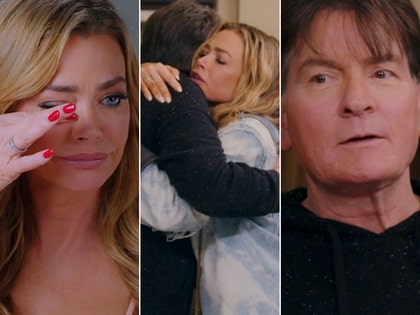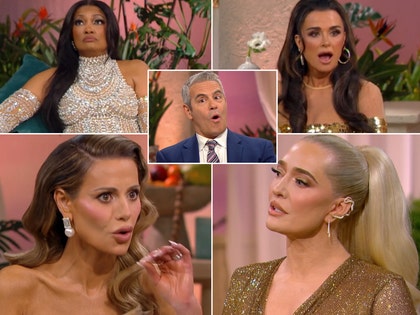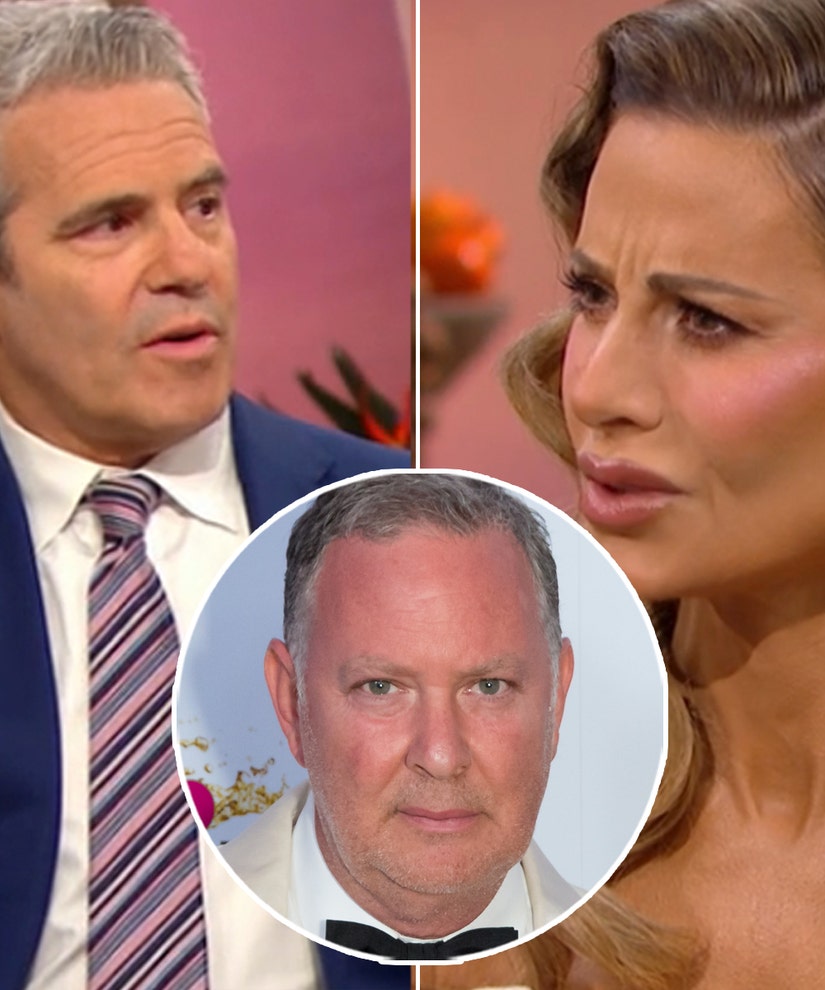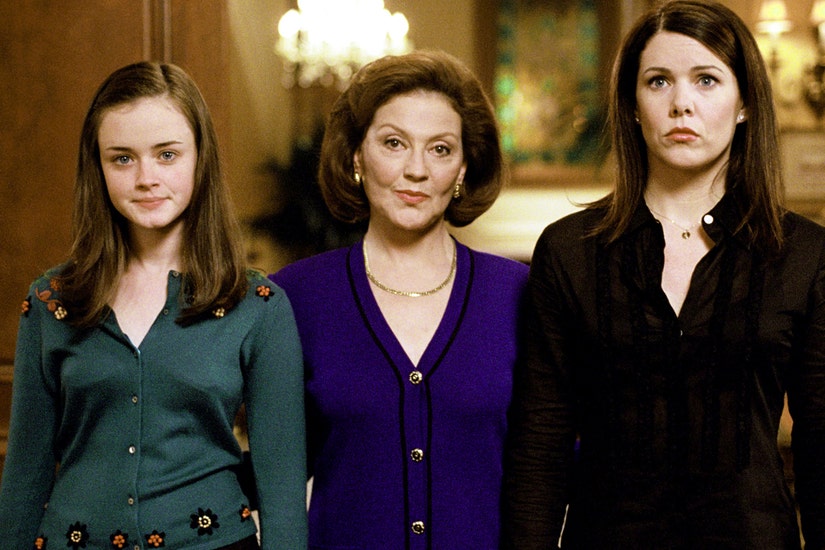If you're one of those Twitter trolls who've been eagerly hoping for YouTube star and activist Franchesca Ramsey to fade away, you'd better not hold your breath.
The outspoken host and producer of "MTV Decoded" announced on Tuesday that she's working on her own pilot for Comedy Central, along with a slate of up-and-coming comedians looking to fill a culturally diverse void left open since the end of "Key & Peele."
"I've been holding on to this news for four months - longer than four months, because we pitched this show in November of last year," Ramsey told TooFab in a wide-ranging interview (below). "I've known that this is something I wanted to do and have been working on a long time. Every day there were people telling me that I'm not successful and that my career is over and I'm never doing anything, and I knew that they were wrong."
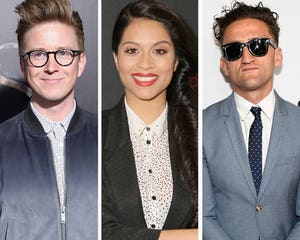 Getty
Getty
Will YouTube Stars Ever Conquer Hollywood? Here Are 11 With the Best Odds
View StoryAccording to the network, Ramsey's currently untitled project will feature "the most diverse set of comedians on TV [who] will heal America through brutal comedy, surprising guests, and breakdowns of the most pressing cultural issues you never knew you cared about."
Not only does the pilot place Ramsey on a growing list of internet stars determined to conquer television, it also places her in the middle of an ongoing debate about diversity and representation in comedy - particularly after "The Nightly Show with Larry Wilmore," where she was a writer and contributor, was cancelled and replaced by the talented but undeniably white Jordan Klepper.
TooFab caught up with Ramsey to see how she's tackling this challenging new project, what the future holds for "MTV Decoded," and what she thinks about the haters following her announcement.
What can you tell us about this new show?
It's a take on late night, but it's not a traditional late-night show. I feel in many ways it's an extension of what I've been doing already on YouTube or with "MTV Decoded" or with "The Nightly Show with Larry Wilmore." It really feels like a logical next step in terms of the type of stuff I want to do, giving a voice to the voiceless and tackling some issues that I feel like other people aren't talking about, but in creative and funny ways.
There's been a bit of a backlash toward diversity in entertainment since the election - how do you heal America by bringing more diversity into comedy?
What I've noticed since the election is there are a lot of people who have a lot of preconceived notions about certain types of people, largely out of fear and ignorance, just because they lacked exposure to those people. I really think that representation can do a lot for marginalized folks, and it can also do a lot for people who have never encountered people from those walks of life. In many ways, being yourself is dispelling stereotypes. I think that is crucial when it comes to helping people advocate for people who don't look like them. You're going to have a lot more empathy for people who are different from you if you see where you have common ground, and also be exposed to who they actually are, rather than the stereotypes or ideas you have come up with on your own because you don't have anything else to go off of.
Do people really confuse you with Jessica Williams from "The Daily Show" all the time?
Yeah, they do a lot! I take it as a compliment, largely because she's younger than me, she's more accomplished than me, she's gorgeous and she's super funny. I'm okay with being mistaken for her. I'll concede that we both have big hair and we're both tall - I think she's six foot and I'm five-ten. But it does happen a fair amount, and it's kind of strange to me because I don't think we look alike.
Women of color being represented in comedy is an issue that keeps coming up, for "Saturday Night Live" and "The Daily Show" and other shows over the years. Why is this such a tricky problem for people to get past?
In reality, there are tons of unrepresented voices that we don't see in comedy. I can't name a mainstream disabled comedian. We have seen a lot more LGBT folks in comedy and TV, but I don't know off the top of my head a trans comedian. I believe that person is out there and they're super funny and talented, and we should give them a shot. Unfortunately, often times people hire and give opportunities to people that look like them. They don't realize how much their own internal lives or privilege gets in the way of looking for people outside of the traditional spaces where they always find people. It's twofold - it's definitely a problem, but it's one that we have to stop just talking about, and instead really open the doors to people. And that's what I really want my show to be. I don't want it to be just about me. I want to pass the mic to people who I think deserve a chance to be heard.
In your experience, is Comedy Central committed to bringing those voices forward, or is it something you've had to push for?
I'm super excited by some of the other pilots that are in development. Awkwafina, who I was really lucky to work with on her digital talk show "Tawk" - she's an Asian woman and that's a community that we have not seen enough of in the comedy space, so her having her own scripted show is a huge opportunity. Baron Vaughn is someone I'm a big fan of, and Reggie Watts. These are people who have been kicking ass in the comedy scene for a long time, and are well overdue for a chance of having their own shows. I definitely think [Comedy Central executives] are doing the work and looking for voices that are new and fresh and offer a great, funny perspective.
What was it like working for Larry Wilmore, and what lessons are you bringing forward to this new project?
I am so thankful for Larry taking a chance on me. I came from YouTube and I'd never worked in TV before, and he gave me a shot to work as a writer and on camera on his show. I learned a ton about the ability to write in someone else's voice and turn stories around really quickly. Just that grind is something I don't think anyone can prepare you for. There was a lot of great on the job training, and also just learning how to pull stories when everybody's talking about one topic. How you come at it from a different perspective that other people haven't taken is something that I felt we really tried to do on that show.
I'm really excited to take that knowledge and use the things that I've learned, from the online space especially. That's so important in today's TV landscape, to create something that's going to be successful on television but also do really well online. I love my internet family, they've really helped me get here.
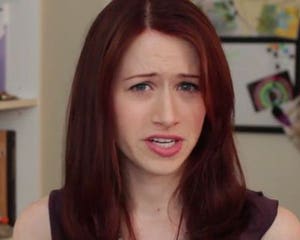
YouTube Series Raises Questions Over Hollywood Ripping Off Digital Creators
View StoryAre you still going to be working on "MTV Decoded" while you develop this pilot?
We're still filming "Decoded" Season 5 - I think we've filmed six episodes and the season has 12. I'm really excited because we're tackling some really great stuff this season. I'm happy to have an opportunity to address issues on multiple platforms. "Decoded" is definitely close to my heart.
You've had a lot of critics coming at you on Twitter over how many likes or dislikes your videos get, and whether you're influential or successful. How do you think creators should be measuring their success?
When it comes to online creators, if you don't have tons of views that doesn't mean you're not successful. Issa Rae has a show on HBO - her show didn't have millions of views, but it was a good show. "Broad City" didn't have millions of views, and they're an amazing show, one of the best shows on Comedy Central. I think that applies to everything you do. You decide what success means, regardless of if you're online or you're running a business, or in your personal relationships. No one else gets to choose that for you.

